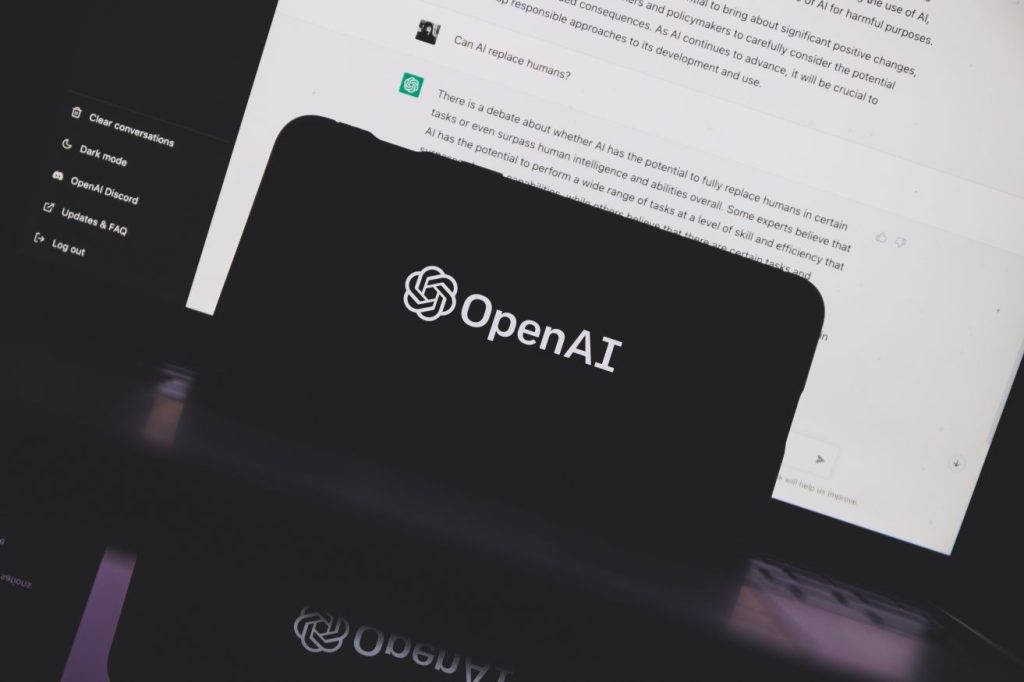ChatGPT is an incredibly complex tool, and is capable of delivering an incredibly diverse set of answers – across almost any topic imaginable.
But what happens when you ask it to generate responses to the same things, over and over again? Will it always give the same answer, or is it possible for it to give something different instead?
This is an interesting question. In this article, we’ll go over this in detail, and explain a bit more on how ChatGPT comes up with the answers it chooses to serve.
Does ChatGPT Always Give The Same Answer?

No. Due to the sheer size and the way ChatGPT is set to generate answers, it will not generate the same exact response each time you ask it a question – even if you ask the exact same thing several times.
This is because large language models use a degree of randomness to determine which word or ‘token’ to output next. So while the underlying intent or meaning behind the message may be the same, the way it will be presented will vary.
That being said, the type of question that you ask it also matters.
ChatGPT tends to be very accurate with most facts, and will always give the same factual output each time that you ask it. This is because it’s been trained on extremely large amounts of data, and has recognized patterns within that data – essentially learning what is true, and what isn’t.
This gives ChatGPT a confidence score in its answer. If ChatGPT is confident enough that a fact is true, then it will always present that fact as true, regardless of how you prompt it.
For example, asking ChatGPT ‘what is 10 plus 2’ and ‘what do you get when you add 2 to 10’ will always result in 12, because ChatGPT knows with 100% certainty that 10+2 = 12.
Results get more interesting when you’re not always asking for facts, however.
For example, when using ChatGPT for creative prompts – such as to have it write you a poem about a specific topic, or generate ideas about something, it has a lot more creative freedom. This allows it to be more expressive and diverse in its answers, while still adhering to factual accuracy.
Therefore, your results are likely to be even more varied as your prompts become more abstract.
So to summarize, ChatGPT is unlikely to generate the exact same output each time, for most prompts. However, it will often arrive to the same conclusions, or provide the same information, just delivering it in different ways.
Knowing How To Prompt Is Key
Something very interesting about ChatGPT is that by changing the prompt you provide it even slightly, it can drastically change the output of the answer!
ChatGPT is essentially an instruct model, meaning it’s designed to follow a set of instructions and provide an adequate response in return. This means that you can get extremely detailed with the exact instructions you give it regarding how you want it to craft its responses, and it should do a good job at following it.
For example, you can tell ChatGPT to rewrite what it just wrote but to add more humor, or even write it in the style of a famous author.
Knowing how to prompt ChatGPT is a science, and requires a lot of experimentation. The choice you use for specific words is enough to influence the output heavily, so play around with it and see how it affects your results! The more you change the prompt, the more ‘different’ you can expect your answers to be.
Is ChatGPT Still Learning From Users?
Although ChatGPT may be giving relatively similar answers now, you may be wondering – are these answers likely to change in the future? Is OpenAI using the data people are typing in to train and improve the model? Is it actively learning from its users?
The answer is not so black and white, but in short, ChatGPT isn’t actively learning from user inputs.
Although OpenAI is logging responses and using them to improve future versions of the model (including its trust and safety filters), ChatGPT’s current training progress is fixed. This means that it isn’t improving itself all of the time based on what it learns.
Instead, OpenAI trains it in batches. So, until they decide to update it, the answers it provides shouldn’t change further – despite what people are typing into it.
Remember To Save The Answers You Like!
Because ChatGPT does not always generate the same answers, it’s very important that you take the time to save the answers that you like!
Remember, even if you use the exact same prompt, and even if it’s extremely specific, ChatGPT will not always word answers the same way.
You could regenerate the answer dozens of times and still not get the exact same one that you got originally.
So, if you get a response that you really enjoy, save it by copying it down to a separate notepad file, taking a screenshot, or simply starting a new conversation the next time that you want to use ChatGPT. ChatGPT does save your history unless you specifically opt-out, so it should still be there unless you delete it.
Conclusion
Due to the large and complex nature of ChatGPT, it is unlikely to generate the exact same responses each time you ask it something. This is true even if you don’t change the prompt, and simply press the ‘regenerate response’ button.
However, ChatGPT is usually pretty great about getting facts correct, so it should provide the same factual information each time, even if it chooses to present or word it in a slightly different way.
I hope that you’ve found this article helpful, and that it’s answered your questions.
If you have any other questions about ChatGPT, ask them below and I’ll be happy to help.
Wishing you the best,
– James McAllister
